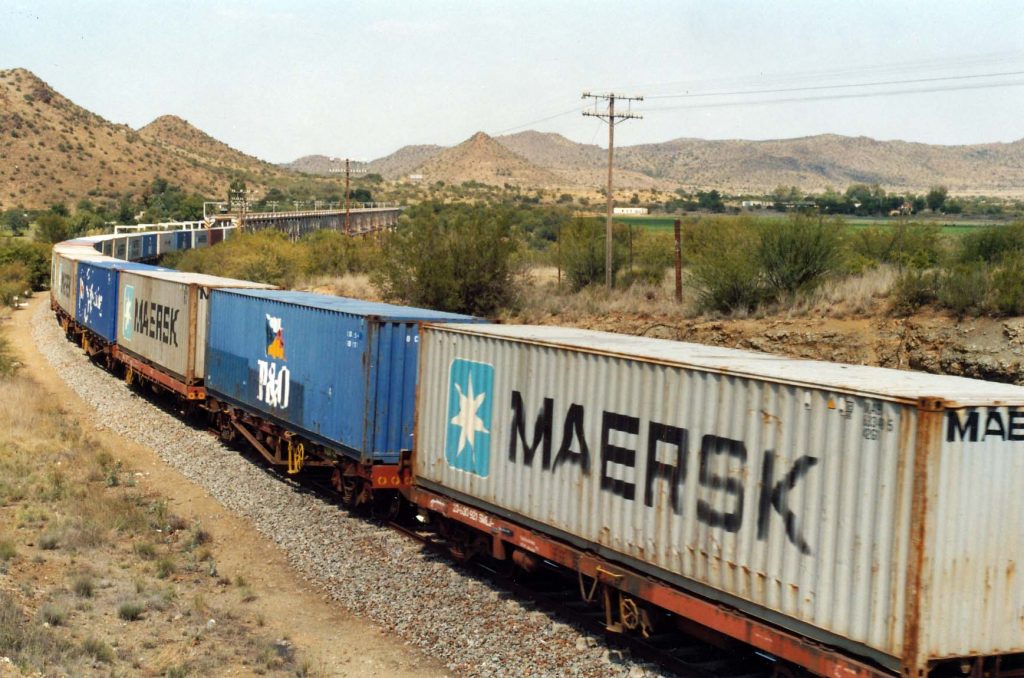To boost its falling earnings and compete with road transport, the Indian Railways has decided to offer discounts to customers who book ‘round-trips’ for freight haulage, ThePrint has learnt.
In a letter dated 5 June addressed to all general managers of zonal railways, accessed by ThePrint, the Ministry of Railways said: “An analysis of traffic moving by road has revealed that there are a number of flows which involve movement of such commodities that can also move by rail.”
The policy will be applicable from 1 July 2020 and remain valid for a year until 30 June 2021.
“One of the reasons cited for traffic moving by road in origin-destinations served by Railways is that road hauliers offer customers a discount when traffic is assured in both directions. Given the fact that a considerable percentage of railways’ rakes run back empty after unloading, it is felt that railway should also incentivise/encourage round-trip traffic, and hence this policy,” the letter stated.
“In case any customer (consignor) commits to offer traffic in the right direction i.e. back to the originating station, either from the destination station or from any point within 200 km of the destination station, then traffic for both outward and return traffic shall be charged at lower of the applicable class rates amongst the outward and return direction traffic,” the ministry’s new scheme states.
Railways’ revenues dip
In a meeting held earlier this month, Railway Minister Piyush Goyal discussed possible ways to boost its earnings, including offering discounts to incentivise consignors.
A senior railways official told ThePrint: “Even otherwise, there is a need to incentivise rail travel. For short distances, it is seen that people prefer to transport goods and travel by road… So the railways need to come up with incentives for people to choose us instead.
“Discounts are only a part of what can be done, but they should go a long way in incentivising rail travel.”
Modalities of the plan
A detailed charging policy stipulated in the letter gives the following example: If a consignor commits to transport ‘A’ class goods in a particular direction, and ‘B’ class goods in the return direction, they will be given a discount on the prescribed amount for both the classes of goods. If the consignor wishes to transport the same goods in both the directions, they will be given 10 per cent discount.
In freight travel, there are different classes of goods which have different per-kilometre and per-tonne fares. The discounts offered under the scheme would allow consignors to transport classes of goods with a higher prescribed fare at the fare stipulated for a cheaper class of goods, a railway official explained.
All the principal chief commercial managers (PCCMs) will be required “to analyse the traffic flow by road of various commodities originating from their zonal railway, and hold discussions with potential customers to make this policy a success”, the railway ministry’s letter notes.
Further, the PCCMs will send a quarterly report to the Railway Board, with due analysis of traffic carried under this policy and its impact on freight earnings.






